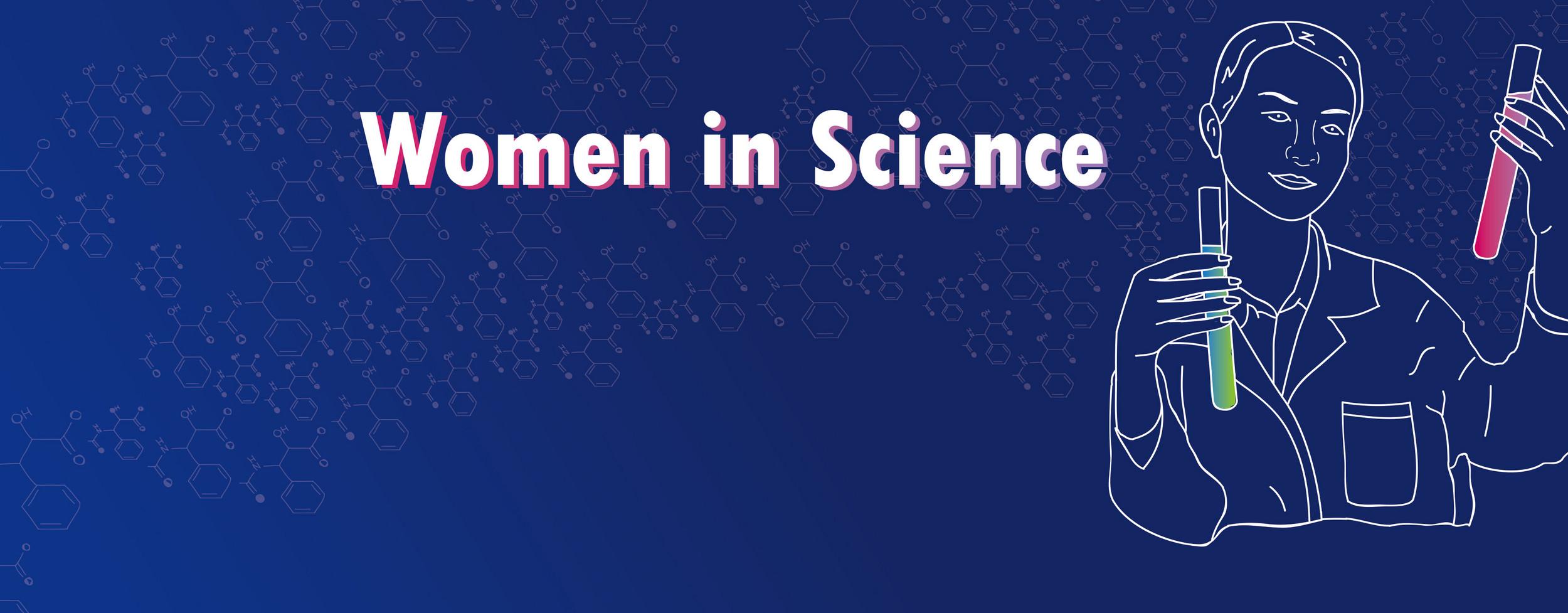
Women in Science: Linxi Chen
Linxi Chen grew up in the river-rich city of Wuhan in Central China. It features the country’s longest waterway, the Yangtze, which translates to “long river.”
Her dad is an entomologist. He studies insects, and has a library of fine specimens in his lab. It is his proud possession. Linxi was fascinated by the bugs. This was the beginning of her tradition of scientific curiosity.
“I thought, those are beautiful creatures,” she said. “They are all very different shapes, different colors and are just very interesting.”
Growing up in the 1990s, economic times were tough in Wuhan. Her family was middle class, yet most of her toys were hand-me-downs.
“My parents encouraged me to be interested in math and science at a very young age,” she said. “They bought puzzles. I’d spend a lot time on my own just looking at ants on the ground, trying to figure out what they were doing.”
Yet she was attracted to the rivers. That would lead her on an academic journey that landed her at a global maker of scientific instruments.
Linxi is a product specialist for the Aqualog® with HORIBA Scientific in Piscataway, New Jersey. The Aqualog is a molecular fingerprinting tool, used primarily by researchers and water treatment plants to identify substances in water and other fluids, like petroleum and wine.
Linxi thinks being female wasn’t a barrier in studying science in China.
She attended the Wuhan University of Technology. She didn’t know much about water before entering college, but her environmental consciousness began to grow, since environmental pollution was a problem in her country.
Linxi earned a Bachelor of Science degree in Environmental Engineering. The mix of students in her program were about 50/50 women to men.
Linxi moved on to the University of Cincinnati, where she received her Ph.D. in Environmental Engineering, specializing in water quality. Her passion for clean water had finally found an outlet.
“I chose this to be my profession because China had for a long time focused too much on economic development,” she said. “Many developed countries went through the same phase. They ignored the environment.”
And science was part of her sensibilities.
“I chose engineering because I liked the fact that you can provide solutions to solve practical problems, And I wanted to use that technology I learned to give back to the environment, to the thing I cared about.”
She saw that as the future, since clean water is going to be a long-term problem, she said.
Linxi sees more women going into science now than say during the baby boomer generation. It’s a generational thing, she says.
“So after 20 or 30 years, as younger generations start going into the workforce, maybe you'll see more and more women.”
According to a 2014 report in National Geographic, census bureau statistics show that women in STEM fields (science, technology, engineering, mathematics) made up 7 percent of that workforce in 1970. That number jumped to 23 percent by 1990. But the rise essentially stopped there. Two decades later, in 2011, women made up 26 percent of the science workforce.
Linxi never felt discriminated in the scientific workforce as a woman.
Linxi’s focus at HORIBA is to drive the industrial applications for the Aqualog. She also provides clients with customized solutions to solve their water-related issues.
As for young women interested in pursuing the sciences, Linxi advises them to follow their hearts.
“Pursue it as long as you still like it,” she said, “but one day you may hate it and that is okay to change your mind too.”
For more information on the Aqualog, visit the Aqualog.com section of our website, or contact Linxi Chen at linxi.chen(at)horiba.com.
Masz pytania lub prośby? Skorzystaj z tego formularza, aby skontaktować się z naszymi specjalistami.